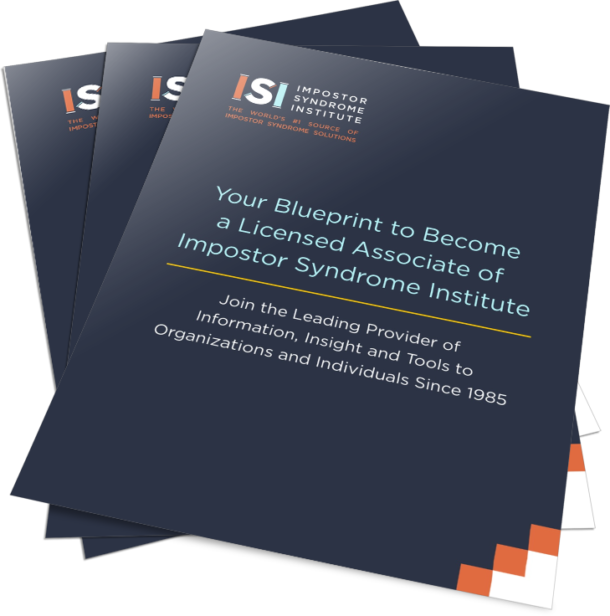One of my clients had spent years lovingly caring for an ailing parent.
After “Kim’s” mother passed, she began to write a play about her experience.
Then she stopped.
“What if my play is a hit?” she said, “Then I’d have to play big.”
Kim wasn’t afraid of failure; she was afraid of success.

I invited Kim to imagine a sold-out theater full of people…
… to feel the excitement in the crowd…
…to know that among them were people who’d been through a similar experience and were eager for their own joy and pain to be honored by the words she’d scripted…
…to watch as the lights dimmed, and the curtain rose to reveal an empty stage…
…and finally to picture herself, the almost playwright coming out to announce…
“I’m sorry, there will be no play tonight. I was too afraid of being great to write it.”
To be clear, there can be legitimate reasons you may be reluctant to shoot higher.
Success can separate you from family, friends, or co-workers.
Success may require you to move halfway across the country – or the world.
Success may mean being criticized by strangers on social media.
And, in many ways, success can also bring added pressure.
Before her retirement, US Supreme Court Justice Sandra Day O’Connor reflected on her pioneer status as the first woman to serve on the high court.
“My concern was whether I could do the job of the justice well enough to convince the nation that my appointment was the right move. If I stumbled badly in doing the job, I think it would have made life more difficult for women.”
Anyone who has been one of a few, the only, or, like O’Connor, the first, based on gender, or, for that matter, race, age, disability, or language, understands the pressure to represent your entire group.
Fortunately, O’Connor continued despite fear, self-doubt, or societal pressures.
Can playing big be scary?
You bet.

It’s even harder if you’ve spent your life putting others’ needs before your own.
Even when you convince yourself you are worthy, moving your dream to the front burner can feel selfish.
So what if you flip any notions of selfishness on its head?
What if instead you understood that there are people who want and deserve to benefit from your full range of knowledge, abilities, and skills?
Or that your family, clients, or community would benefit from your success?
Or that you really can do it – and that even if you fall short, you’ll gain the satisfaction of knowing that win or lose, you gave it your best shot?
What if instead of the proverbial question, “What would you do if money were no object?” you ask yourself…
“What sort of difference could I make if fear were not a factor?
After all, everyone loses when bright people play small.





